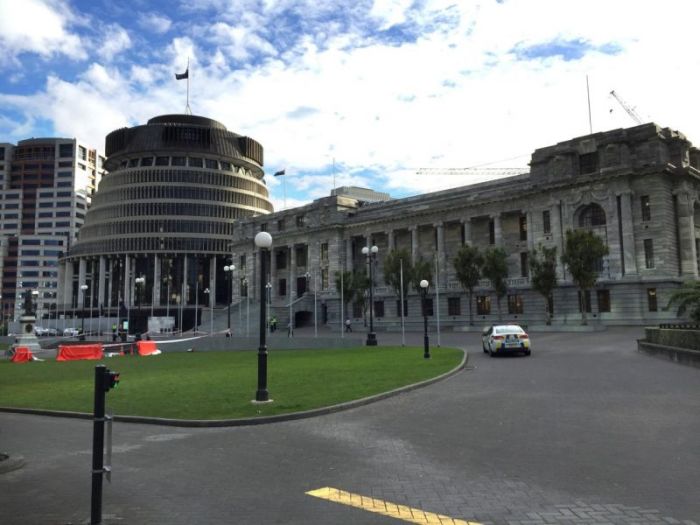Top psychiatrists urge ‘caution’ before giving puberty blockers to kids with gender dysphoria

Psychiatrists in New Zealand and Australia are emphasizing therapeutic options for gender dysphoric individuals, particularly minors, in a shift away from what is known as the “affirmation-only” approach and “gender-affirmative” care model.
A recent position statement from the Royal Australian and New Zealand College of Psychiatrists stresses the necessity of receiving a proper mental health evaluation prior to any decisions regarding irreversible medicalization such as hormones or cosmetic gender surgeries.
“There is a paucity of quality evidence on the outcomes of those presenting with gender dysphoria. In particular, there is a need for better evidence in relation to outcomes for children and young people,” the new RANZCP guidance reads.
The condition of gender dysphoria is "associated with significant distress … each case should be assessed by a mental health professional, which will frequently be a psychiatrist, with the person at the center of care. It is important the psychological state and context in which gender dysphoria has arisen is explored to assess the most appropriate treatment,” it continues.
In an explanation of the updated stance, Dr. Philip Morris, a fellow of the RANZCP and the president of the National Association of Practicing Psychiatrists in Australia, said that the new guidance is an acknowledgment of the complexity of the issues at hand when treating the condition and the legitimacy of taking a variety of approaches.
“There may be other reasons for doing it and we need to look for those, identify them and treat them. This needs to be done before initiating hormones and changing the whole physical nature of the child,” Morris said. “A cautious psychotherapy-first approach makes sense. If we can do that with adolescents then we will take a big step in the right direction."
The move comes amid greater scrutiny of the experimental practices and mounting concerns appearing around the world.
Earlier this year in Sweden, officials at the Karolinska University Hospital released a statement that it would no longer be administering puberty-blocking drugs to youth under the age of 16. In neighboring Finland, updated treatment guidelines prioritizing psychological help for distressed young people were issued in 2020.
Part of the Swedish rationale for the change was a ruling in the U.K. in late 2020, where a judicial review held that children were not capable of giving informed consent to chemical puberty blockade in light of repercussions such as fertility loss.
That decision was appealed and ultimately overturned earlier this year. The young woman who helped bring it about — a detransitioner named Keira Bell who argued she was harmed by the medical experimentation at the London-based Tavistock gender clinic — has vowed to take all the way up to the UK Supreme Court.
The U.K.’s National Health Service also revised its website, which had previously stated that puberty blockers were a reversible treatment, to say that their long-term effects are not known.
Commenting on the Bell case, Morris said it is a positive development that these matters are being openly discussed and that the science around this topic remains unsettled.
“This [has moved from] … a topic that could previously not be talked about freely to one that we can discuss more openly now. This is a big improvement. Previously, everyone thought it was all settled but it’s not, certainly not from a medical angle,” he said.
The revision of the RANZCP guidelines is a contrast from the previous standard guidance from the Royal Children’s Hospital in Melbourne – which the RANZCP had endorsed and is followed by most gender identity services in Australia – that recommended what is known as “gender-affirming” care. The RANZCP endorsement was withdrawn in 2019 and set in motion a consultation that eventually produced its new position statement.
Morris thinks a “compromise” will be the ultimate result. He said he hopes that courts and clinicians will slow down and not assume each child hoping to undergo medicalized transition is pursuing that pathway because of genuine psychological distress about their biological sex.
Such children, he said, will be treated “with respect and approach them like any other patient that presents with a condition that requires proper assessment and treatment.”
“In the end, some cases will be transitioned but there will be fewer than [are] transitioned at the moment,” he offered.




























